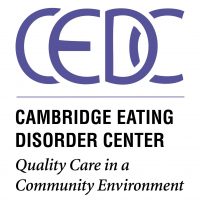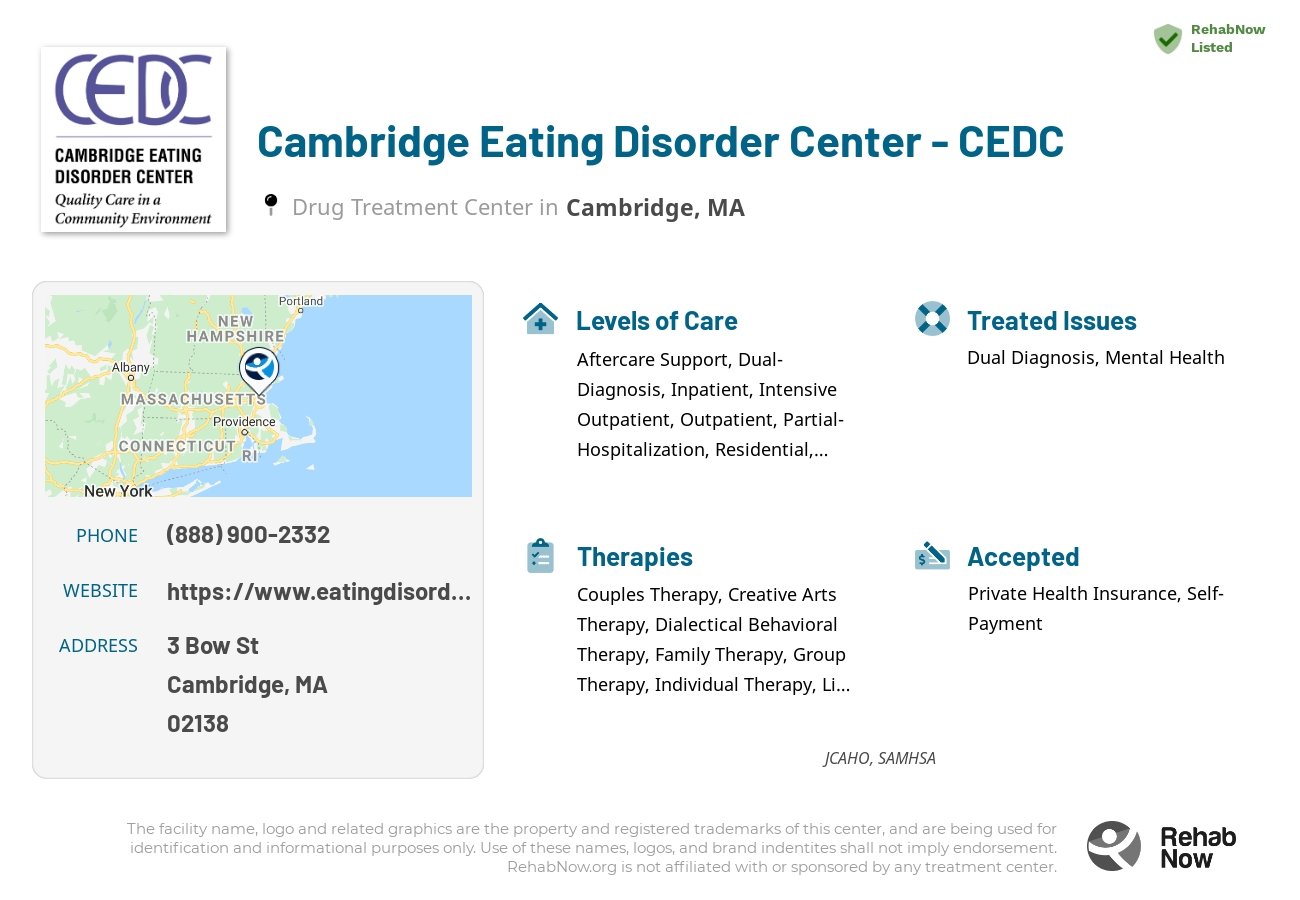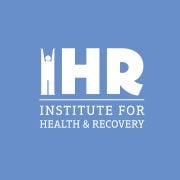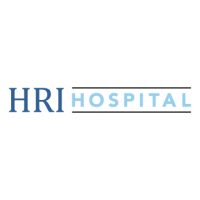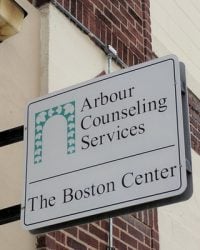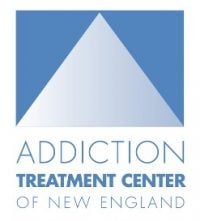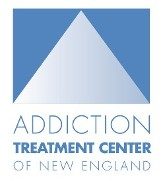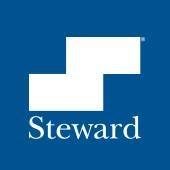Cambridge Eating Disorder Center - CEDC
Drug Rehab Center in Cambridge, Massachusetts
The Cambridge Eating Disorder Center (CEDC) is a JCAHO and SAMHSA accredited addiction treatment facility in Massachusetts that offers a comprehensive range of care, from aftercare support to residential/sober living, for individuals struggling with dual diagnosis, eating disorders, and mental health issues.
About This Massachusetts Facility
Cambridge Eating Disorder Center, nestled in Cambridge, MA, is a private rehabilitation facility primarily focused on the treatment of eating disorders. With 37 beds, it offers a comprehensive continuum of care spearheaded by a commitment to fostering emotional and physical well-being. The center stands out by integrating specialized services in a community setting, specializing in dealing with complex illnesses influenced by various factors.
Accredited by JCAHO and SAMHSA, the center ensures high standards of care and safety in treating eating disorders and co-occurring mental health issues. By supporting organizations like ANAD and using evidence-based therapies, it underscores its dedication to quality care and comprehensive recovery paths.
- Offers a range of care levels, from inpatient to sober living, catering to individual recovery needs.
- Focuses on understanding the development and function of disorders as coping mechanisms.
- Provides aftercare support, emphasizing long-term recovery and well-being.
Specializing in dual diagnosis, CEDC addresses the intertwined issues of eating disorders, substance abuse, and mental health conditions. The treatment approach combines individual and group counseling, nutritional support, and psychiatric care to foster a comprehensive healing environment.
Genders
Ages
Modality
Additional
Accreditations
SAMHSA

JCAHO
Conditions and Issues Treated
An underlying cause often brings about addiction. Mental disorders can lie at the center, such as schizophrenia, bipolar disorder or anxiety disorder. As well as the cause of the addiction, a dual diagnosis by Cambridge Eating Disorder Center - CEDC helps to treat the addiction. This ensures that after treatment is complete, the patient will not fall back on old practices.
Levels of Care Offered at Cambridge Eating Disorder Center - CEDC
This center offers a variety of custom treatment tailored to individual recovery. Currently available are Aftercare Support, Dual-Diagnosis, Inpatient, Intensive Outpatient, Outpatient, Partial-Hospitalization, Residential, Sober-Living / Half-Way, with additional therapies available as listed below.
Inpatient rehab programs like what’s offered at Cambridge Eating Disorder Center - CEDC in Cambridge, MA are ideal for covering all the bases that surround one’s addiction. It’s considered the most comprehensive approach to care for people afflicted with addiction. Patients live in a facility where they have access to therapy and medical care 24/7.
An intensive outpatient program is a good option for someone in Massachusetts with a milder or less severe addiction. An IOP may involve daily meetings at a treatment facility, along with personal counseling and peer meetings. Some IOP programs offer half-day treatment, while others offer full-day programs. Cambridge Eating Disorder Center - CEDC‘s IOP is customized per individual.
Outpatient treatment is treatment that occurs when a patient is not checked into a rehab facility. The patient may show up for therapy sessions, go through detox and engage in other therapies to help them recover. However, they will do so while they live at home in Massachusetts.
Outpatient therapy provided by Cambridge Eating Disorder Center - CEDC is usually recommended as a follow up to inpatient therapy. It helps patients adapt to their normal lives after treatment. In some cases, it can also be an alternative to inpatient treatment. People may choose this route if they are unable to leave their jobs, children or if they don’t have the money for inpatient treatment. However, inpatient treatment is the best way to recover from addiction.
Cambridge Eating Disorder Center - CEDC‘s Partial Hospitalization Program is a midway point between inpatient and outpatient treatment. It is for people who are still struggling with addiction but don’t need round the clock care in Cambridge. Patients may spend anywhere from 18 to 30 hours a week in a treatment program, but they will sleep at home. The duration of the program can be anywhere from one to six months.
After completing treatment, sober living homes are Cambridge homes where addicts have the opportunity to go. Cambridge Eating Disorder Center - CEDC programs encourage a lifestyle of sober living. To keep residents clean, curfews, chores, and counseling sessions are implemented. To help recovering addicts transition to the outside world, vocational preparation and other resources are also offered.
Residential treatment programs are those that offer housing and meals in addition to substance abuse treatment. Rehab facilities that offer residential treatment allow patients to focus solely on recovery, in an environment totally separate from their lives. Some rehab centers specialize in short-term residential treatment (a few days to a week or two), while others solely provide treatment on a long-term basis (several weeks to months). Some offer both, and tailor treatment to the patient’s individual requirements.
Therapies & Programs
Individual professional counseling or individual therapy refers to the one-on-one interaction between a patient and his or her counselor. Individual therapy allows for more privacy, one that group interactions can’t provide. Therefore, it becomes easier for a person to unload and become more open to his or her counselor.
Another benefit of individual therapy at Cambridge Eating Disorder Center - CEDC in Cambridge, MA is that all sessions aim to speed up a single person’s progress. It makes it easier for the counselor and the patient to deal with the central issues, which are likely the culprits of substance addiction.
Once the roots of the problems are addressed, it becomes less challenging for a recovering patient to maintain sobriety and brush off temptations.
Families are not always as supportive as they could be, but by opting for family therapy, many recovering addicts are able to understand their addiction and get the support they need to get sober. These therapy sessions at Cambridge Eating Disorder Center - CEDC in Cambridge, MA involve all members of the family who play a role in the recovering person’s daily life. They work together to overcome past issues, avoid triggers, and remain strong and supportive of each other.
In group therapy, the patient undergoes sessions with other patients dealing with similar problems under the guidance of a trained counselor. The members of the group interact with each other and talk freely about their issues. The recovery of members of the group from the problems that they face gives the patients confidence that they can also overcome their addiction.
Group therapy at Cambridge Eating Disorder Center - CEDC reduces the feeling of loneliness and improves the coping skills of the patients. Group therapy provides patients with continuous feedback from other members. The group dynamics ensure that members start having some structure and routine in their lives.
Dialectical behavior therapy (DBT) is a method of individual and/or group counseling that focuses on acceptance and change. DBT can be very effective in developing coping strategies for negative emotions.
Cognitive behavioral therapy (CBT) is a way of addressing concerns through talking. Talking through issues can identify sources of discomfort or unhealthy thoughts. CBT is a healthy way Cambridge Eating Disorder Center - CEDC addresses some behaviors which may be bringing unintended consequences in a persons life.
Nutrition therapy involves providing healthy diet and improving the eating habits of the patient. Expert dieticians provide individualized meal plan, that addresses the specific nutritional deficiencies. Nutrition therapy also teaches the associated life skills such as cooking healthy food and grocery shopping. It helps to overcome the food cravings that are seen in certain addictions.
NRT, also known as nicotine replacement therapy, allows someone to get the effects of nicotine without chewing or smoking. It is often done with a patch, allowing those who want to quit relying on nicotine to better manage their cravings. As the cravings get easier to manage, the doses of nicotine get reduced until nicotine is no longer needed.
Payment Options Accepted
For specific insurance or payment methods please contact us.
Is your insurance accepted?
Ask an expert, call (888) 674-0062
Additional Details
Specifics, location, and helpful extra information.
Cambridge, Massachusetts 02138 Phone Number(888) 900-2332 Meta DetailsUpdated April 15, 2024
Staff Verified
Patient Reviews
There are no reviews yet. Be the first one to write one.
Cambridge, Massachusetts Addiction Information
Massachusetts has one of the highest rates of drug abuse in the country. More than half a million Massachusetts residents abuse alcohol while more than 1.5 million use illegal drugs each year. This drug and alcohol usage is the cause of over 8% of all deaths in the state. In 2017, Massachusetts ranked in the top 10 of the states with the highest opioid overdose rates.
The percentage of people who reported using drugs is significantly higher in Cambridge than in the rest of Massachusetts. 4% of teenagers reported using an illicit drug. About 5.5% of adults aged 18 or older reported using marijuana. The most commonly used drugs in Cambridge are marijuana and heroin. Out of many different types of rehab programs available in Cambridge, the most common type is an outpatient program,
Treatment in Nearby Cities
- Wakefield, MA (9.4 mi.)
- Princeton, MA (39.2 mi.)
- Indian Orchard, MA (72.6 mi.)
- Spencer, MA (45.7 mi.)
- Attleboro, MA (30.8 mi.)
Centers near Cambridge Eating Disorder Center - CEDC
The facility name, logo and brand are the property and registered trademarks of Cambridge Eating Disorder Center - CEDC, and are being used for identification and informational purposes only. Use of these names, logos and brands shall not imply endorsement. RehabNow.org is not affiliated with or sponsored by Cambridge Eating Disorder Center - CEDC.
